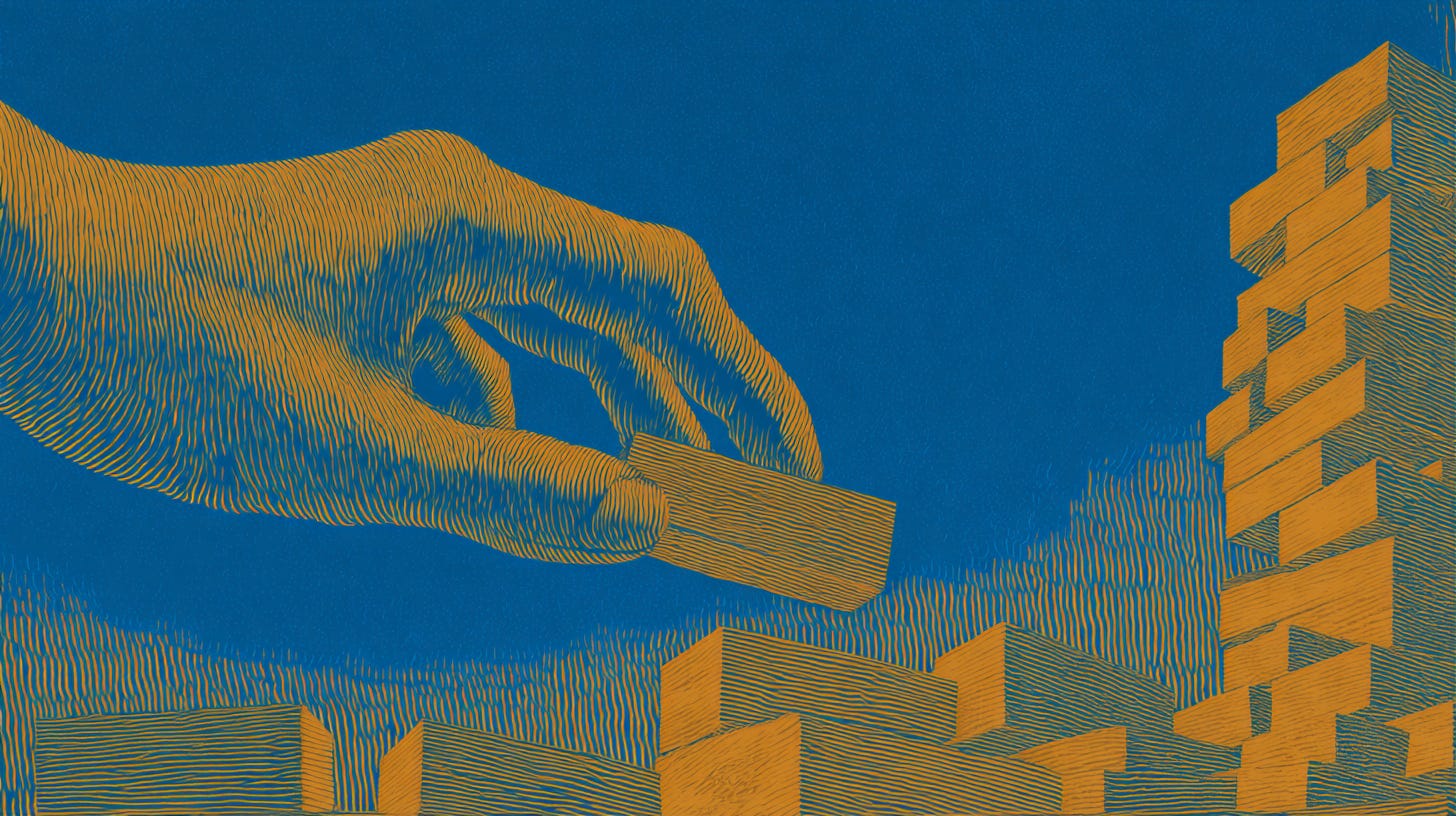Skill Stacking for Organizational Influence
Why the best skill stacks transform organizations, not just careers
Most people build skill stacks for themselves, but they’re doing it wrong.
I’ll tell you why. I used to be one of them.
A year ago, I was just the “forms guy” at an 800+ person company. I’d spent two years deliberately building my skill stack: technical fluency + product sense + customer discovery. Classic progression for a Product Manager.
People loved my work. Leadership praised my insights. I was making an impact.
But I kept hitting the same wall.
Our clients would have problems with their work authorization, escalate it up to leadership, and they’d have me work to resolve the current issues with our partners.
I’d tell them we needed a new solution, leadership would nod, then… nothing would change.
The turning point came when I presented a gap analysis of our product, detailing exactly what we needed to do to built our own product.
My boss said, “Great! Can you put together a deck showing the broader impact pursuing this will have?”
I realized in that moment I'd optimized for the wrong outcome. I was building skills to be better as an individual, not to drive organizational change.
So instead of doubling down on technical depth, I started building what felt like the "wrong" combination: product sense + legal understanding + narrative building.
That experience taught me something most people miss about skill stacks:
They think it's about personal growth. Career advancement. Individual excellence.
But they're missing the real game.
The “A players” understand your skill stack isn’t about becoming better at your job, it’s about fundamentally expanding what your entire organizations can do.
Skill Intersections
Conventional wisdom tells you to stack complementary skills. Coding + design. Finance + storytelling. Technical + creative.
That's table stakes.
The real opportunity is identifying skill intersections that expand organizations capabilities. Not just what you can do, but what your entire company can suddenly attempt.
Look at Max Levchin (PayPal co-founder).
His unique combination of security expertise and software development for handheld devices wasn't just scarce skills in the 1990s.1 It was a transformative skill stack.
Just being in IT put him in the top 1% at that time. No one else was capable of both writing software for handheld devices and the cybersecurity necessary for financial transactions. These weren’t even formal fields, it was all just IT back then.
He described it as "sort of an art and science unto its own."
Levchin's vision wasn't small. He saw enterprises using handheld devices as primary communication. While everyone avoided the growing complexity of cryptographic operations, Levchin reverse-engineered what existed.
His hypothesis wasn't about personal advancement. That specific skill intersection didn't just make him valuable. It made PayPal possible.
Without that precise combination, the company couldn't exist.
Become The Skill Bridge
How do you become this person? Three steps:
1. Map the organization's capability ceiling
What can't your company do today? What markets are closed to them? What strategies are impossible given current capabilities?
2. Identify the critical skill gaps
Which 2-3 skill intersections, if mastered by a single person, would unlock these capabilities?
3. Become the bridge
Deliberately build those intersections. Not for personal growth. For organizational leverage.
This isn't about being well-rounded. It's about being precisely angular in ways that matter.
Build Elevators, Don’t Climb Ladders
The ultimate career advantage isn't being good at many things.
It's becoming someone who makes new things possible.
When you expand what an organization can achieve, you transcend the employee relationship. You become a capability partner. You create options where none existed before.
This is true career sovereignty.
You're not competing for roles. You're creating roles that only you can fill.
You're not climbing ladders. You're building elevators.
Stop thinking about skill stacking as personal development.
Start thinking about it as organizational influence.
Ask yourself:
"What combination of skills would let my company do something currently impossible?"
"What markets remain closed because no one bridges these specific capabilities?"
"What strategic options would open if someone mastered these particular intersections?"
Then become that person.
Don't just add skills. Add possibilities.
The highest form of career leverage isn't being excellent.
It's being transformative.
Founders at Work: Stories of Startups' Early Days by Jessica Livingston; Page 2




